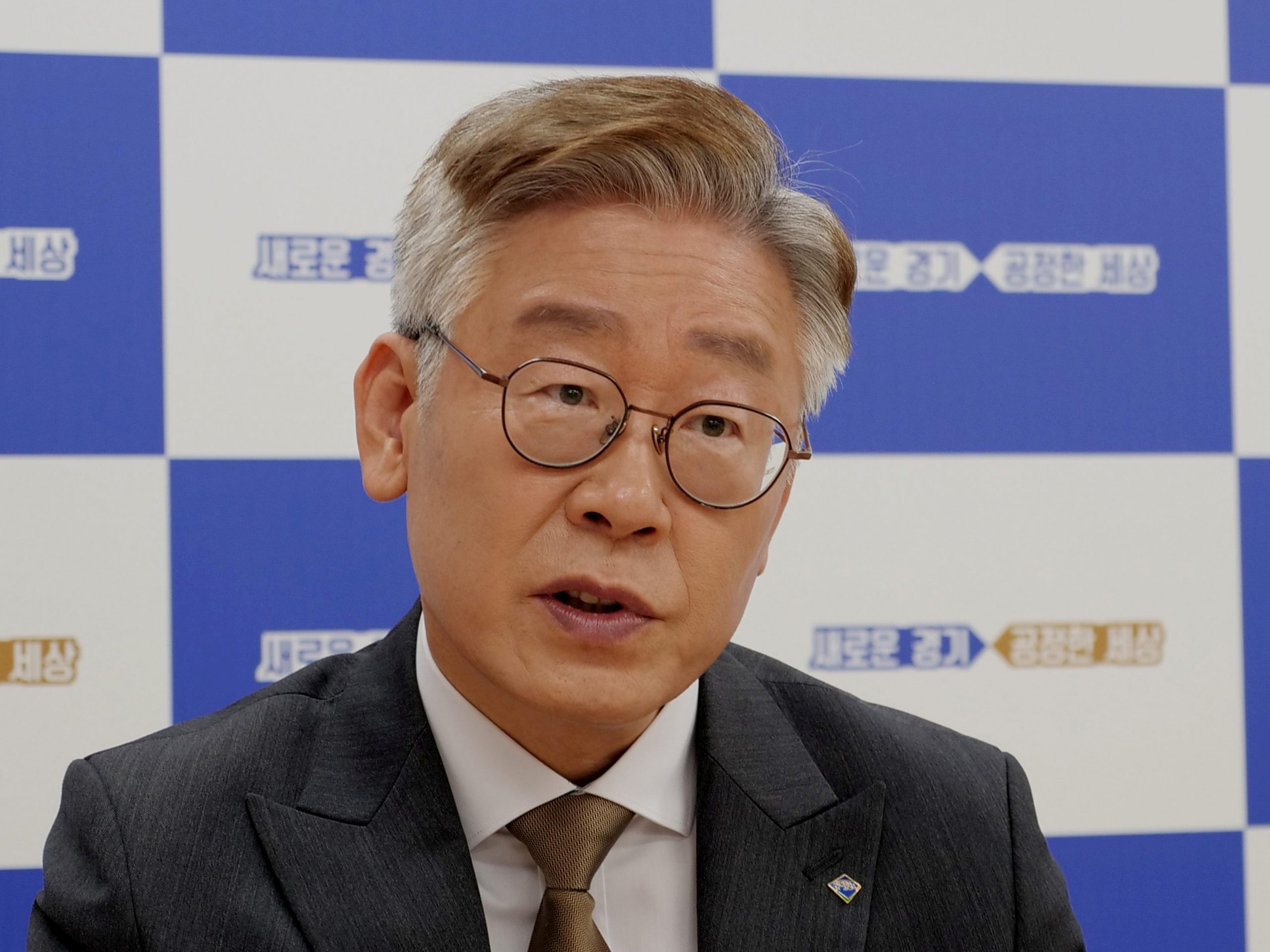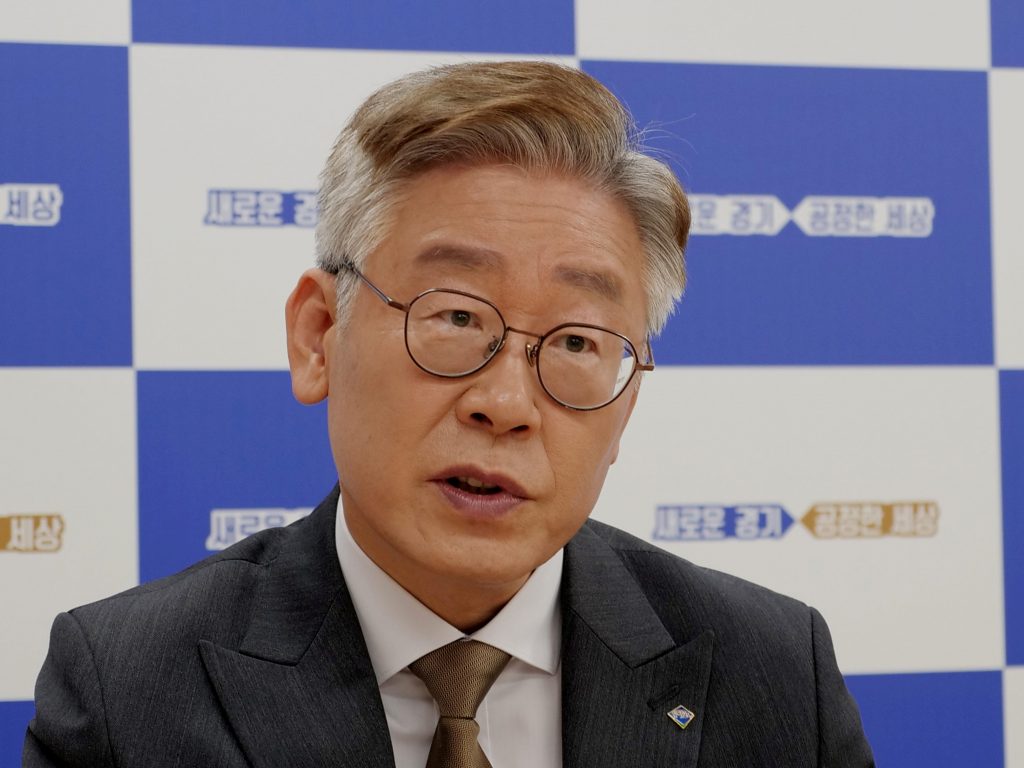
Reuters
- Lee Jae-myung, a South Korean presidential candidate, is pushing for universal basic income.
- The candidate touted a five-year plan to give residents 500,000 won, or $420, each month.
- Universal basic income is rising in prominence in the US, with some cities implementing similar programs.
South Korea could become the first Asian country to implement universal basic income if the Democratic presidential candidate wins the upcoming election.
Lee Jae-myung, who won the Democratic Party's primary race this past weekend and once said he aspired to be "a successful Bernie Sanders," touted guaranteed monthly payments, no strings attached, for South Koreans should he win the presidential election. Under his five-year plan, South Koreans would initially receive a 1 million won, or $840, annual payment that would be expanded over the years until residents would get monthly payments of 500,000 won, or $420.
"Real freedom is possible only when basic life conditions are guaranteed in all areas including income, housing and financing," Lee said during his acceptance speech on Sunday.
He added that he will work to "root out unfairness, inequality and corruption" and restore economic equality in the region.
The 57-year-old is currently governor of South Korea's most populous Gyeonggi province, which surrounds Seoul, and during the pandemic, all residents in his jurisdiction received regular payments to help them remain financially stable in the midst of COVID-19.
But some critics are unsure how plausible implementing a universal basic income would be in South Korea, with some economists telling the Financial Times that guaranteed monthly payments would produce a "steroid effect," but might not help root out economic inequality in the long-term.
Still, universal basic income is picking up steam globally. Insider previously reported on the growing number of cities and states in the US implementing versions of guaranteed payment programs, with California recently launching the nation's largest statewide universal basic income program prioritized for pregnant people and those aging out of the foster system.
Some lawmakers in the US want it to become a permanent feature of America's economy.
After the pandemic spurred Congress to approve three stimulus checks for Americans, some Democrats called to continue those checks well beyond the end of the pandemic, and in late March, amid infrastructure negotiations, 21 Democratic senators urged President Joe Biden in a letter to include recurring direct payments in his infrastructure plan, saying that when checks ran out after the CARES Act, poverty rose.
Tesla CEO Elon Musk even joined the conversation, saying during an August presentation that the rise of robots might compromise jobs that humans currently do, necessitating a form of guaranteed income.
"Essentially, in the future, physical work will be a choice," Musk said during the presentation. "This is why I think long term there will need to be a universal basic income," he added.
